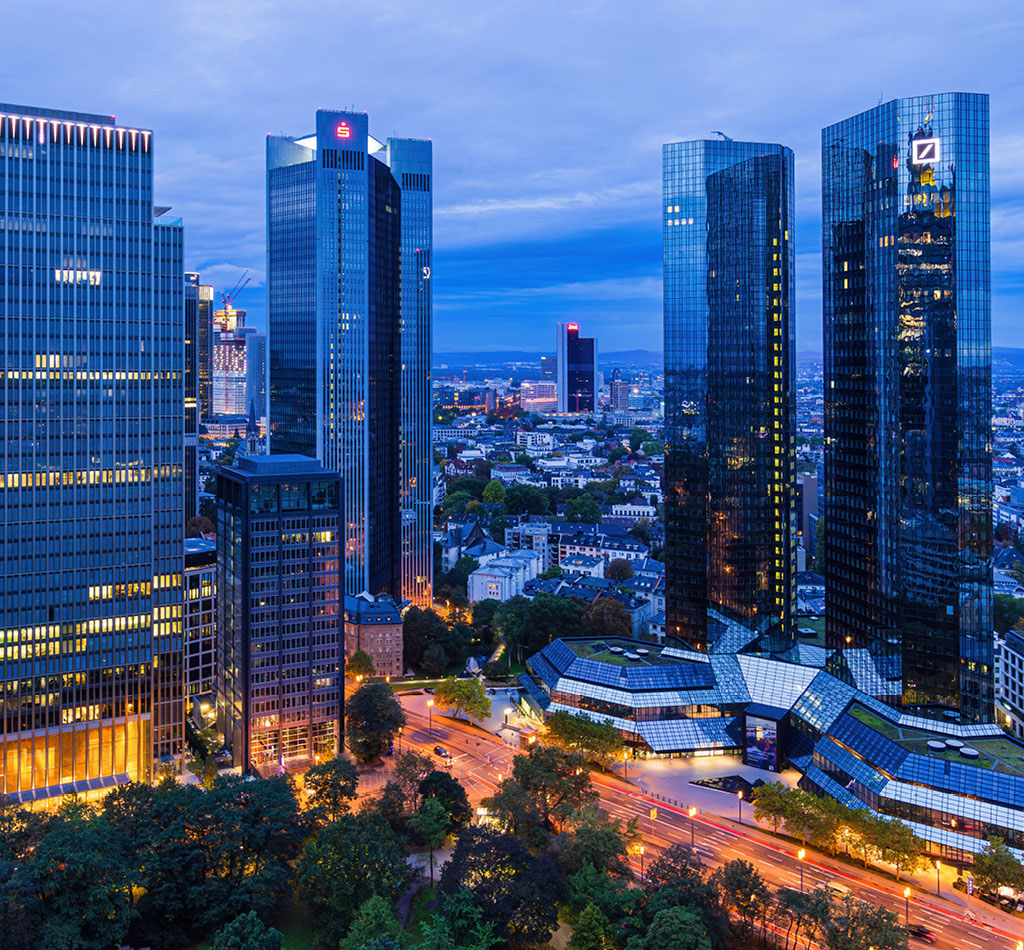Commentaires
Almost in full bloom
16 mars 2023

March is the start of the cherry blossom season, and also the start of major investment conferences in Japan. Recently we attended three conferences held by Daiwa, Mizuho and SMBC Nikko Securities. In this week’s commentary, we would like to share some of our observations from the conferences.
COVID restrictions lifted in May
Walking in Tokyo, a notable scene was that 99.99% of people still wore masks everywhere, indoors and outdoors, including at the conferences. Although wearing a mask was not legally required in most places, it was culturally expected. Japanese culture emphasizes the importance of considering the well-being of others, so wearing a mask during COVID period is seen as a responsible thing to do.
On May 8, 2023, the Japanese government will downgrade COVID-19 to the same category as seasonal influenza. This means the end of the vaccination-or-test requirement, as well as the indoor masking recommendation, signaling a return to a pre-pandemic normal.
Returning of foreign visitors
The Daiwa Investor Conference is the largest of its kind in Japan. Over 400 companies and 500 overseas investors participated, similar to 2019 numbers. For most overseas investors, it was their first trip to Japan since 2020. The overall sentiment was positive about the recovery in various aspects.
In department stores and duty-free shops, we saw mandarin-speaking sales assistants again. They played very important roles before COVID to guide Chinese tourists. In 2019, about 32 million foreign tourists visited Japan and spent a record high of ¥4.81 trillion. 9.59 million Chinese tourists contributed to most of the spending, and popular items were cosmetics and skincare products, electronics, souvenirs, food and snacks, and luxury goods.
More significant wage increase
In 2022, Japanese nominal wages grew 2.1% year-over-year, the biggest annual hike since 4.4% in 1991. In December, the wage increase was 4.8%. A survey of more than 2,000 unions nationwide showed an average 4.49% raise request for this year, first time above 4% since 1998’s 4.36%, according to the Japanese Trade Union Confederation. Some major firms have promised large pay increase to retain skilled workers amid labour crunch. For example, Toyota accepted a union demand for the biggest base salary increase in 20 years and a rise in bonus, although they did not disclose the percentage. Fast Retailing, which owns clothing giant Uniqlo, said it would boost pay by up to 40%. Video game maker Nintendo planned to increase base pay by 10%.
Inflation creeping up
The annual inflation rate in Japan rose to 4.3% in January 2023, up from 4.0% the prior month. This was the highest reading since December 1981, amid a rise in prices of imported raw commodities and a weak yen.
An extra economic package of ¥29 trillion (US$215 billion) was recently announced in October 2022, worth around 5% of GDP. The package aimed to bring down inflation by 1.2% between January and September 2023.
Economists remain divided on whether the wage increase are a one-off and wider inflationary pressure are expected to subside after government curbs on gas and electricity prices take effect. The latest outlook of Bank of Japan (BOJ) indicated that inflation for the fiscal year ending in March 2023 is expected to be 3%, and to fall below 2% in the next two fiscal years.
Interest rate trend
For now, the BOJ has kept short-term interests at minus 0.1% and its target for the 10-year Japanese government bond yield at around zero. With inflation going up, it is under pressure to abandon its yield curve control policy.
The new head of BOJ, Kazuo Ueda will take office on April 8. He has a scholarly background with a doctorate from the Massachusetts Institute of Technology. He has promised a smooth transition from his predecessor’s ultra-loose monetary policy. We don’t expect Ueda to rush existing the zero-interest policy. He has been with BOJ since 1998, and so was involved in developing the recent monetary policies.
Conclusion
Back to the conferences, we met about 40 companies and conducted 3 company visits. All companies mentioned salary increase, mostly below 5%. They have managed to pass on most cost increases if not all to customers. Managements don’t seem to worry much about the rising interest rate. They believe it will happen, but in a very gradual manner. Most of our Japanese holdings are in net cash position. The biggest consensus of managements was that Japan is on the right track of COVID recovery and will benefit greatly from China re-opening and inbound tourism.
We remain cautiously optimistic about the Japanese economy and its stock market, and maintain a very diversified portfolio. Compared with Western countries, Japan has been slow in implementing an exit strategy from the pandemic. The prudence reflected in Japan’s COVID policy is part of its culture, focusing on discipline, self-control and orderliness. We believe these values are deeply ingrained in the society and will continue to help shape its government policy and corporate practices.






